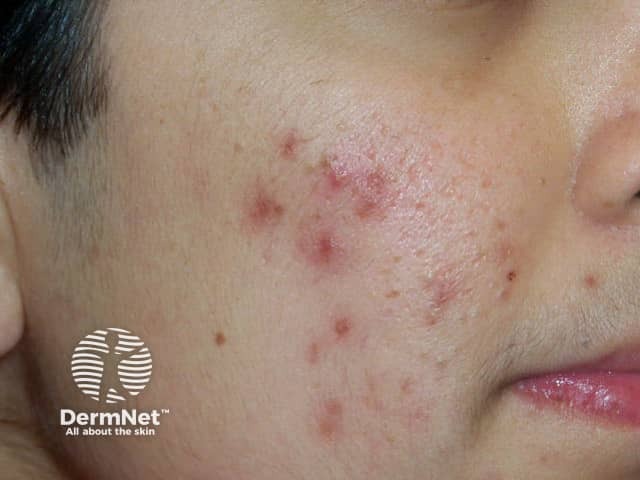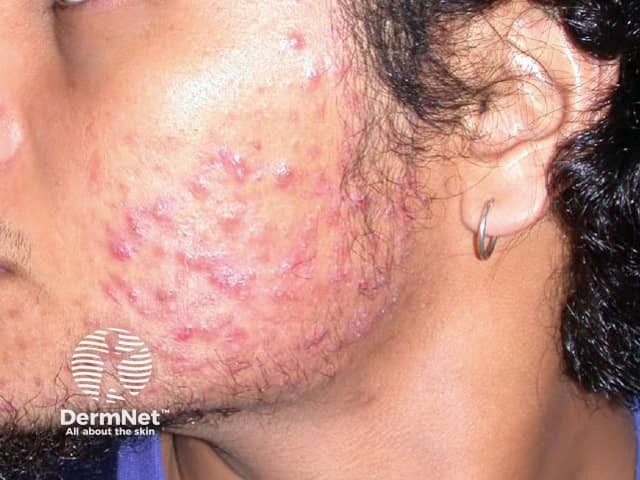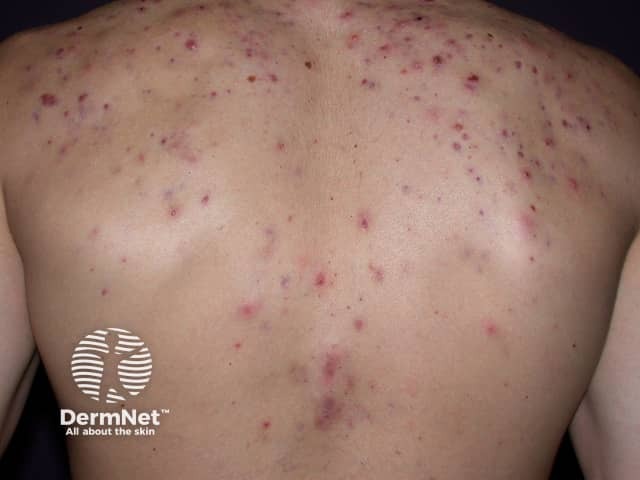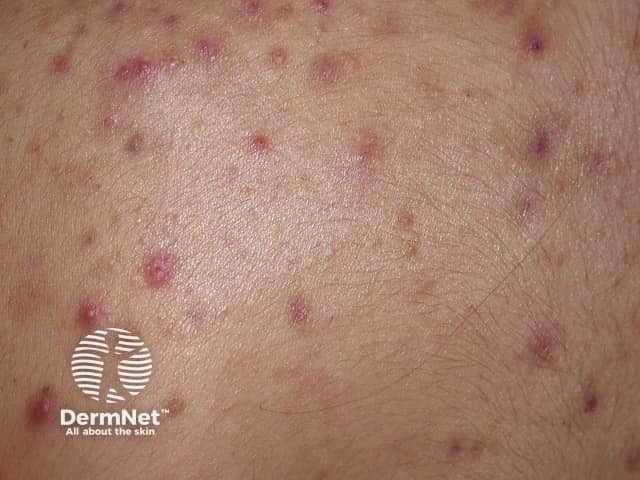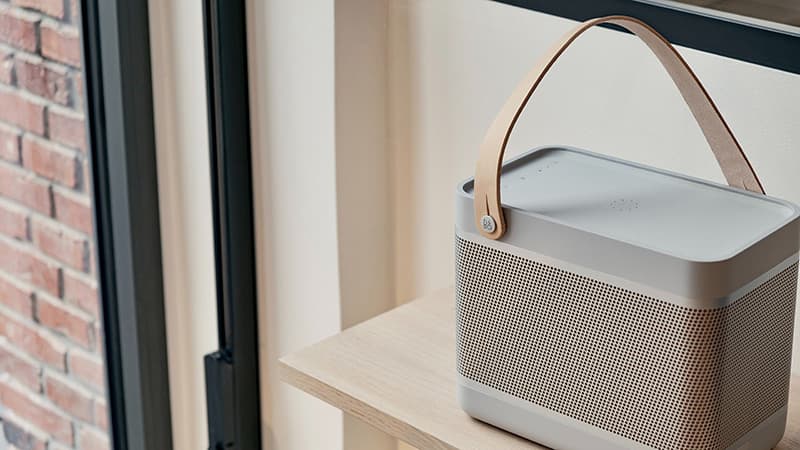Written & Reviewed by Clinics Asia Healthcare Team | Learn more about our expert review process.
Overview
Acne is a common skin condition that affects most people at some point. It causes spots, oily skin and sometimes skin that's hot or painful to touch.
Symptoms
Acne most commonly develops on the:
|
Causes
Acne is caused when tiny holes in the skin, known as hair follicles, become blocked. Teenage acne is thought to be triggered by increased levels of a hormone called testosterone, which occurs during puberty. Increased testosterone may cause the glands to produce much more sebum than the skin needs. Acne can run in families. If your parents had acne, it's likely that you'll also develop it. Women are more likely to have adult acne than men. Many cases of adult acne are caused by the changes in hormone levels that many women have at certain times such as period , pregnancy, and polycystic ovary syndrome (PCOS). Other possible triggers of an acne flare-up include:
|
Diagnosis
The severity of acne is often categorised as:
- mild – mostly whiteheads and blackheads, with a few papules and pustules
- moderate – more widespread whiteheads and blackheads, with many papules and pustules
- severe – lots of large, painful papules, pustules, nodules or cysts; you might also have some scarring
If acne suddenly starts in adult women, it can be a sign of a hormonal imbalance, especially if it's accompanied by other symptoms such as:
- excessive body hair (hirsutism)
- irregular or light periods
- PCOS
Treatment Options
Treatment for acne depends on how severe it is. It can take several months of treatment before acne symptoms improve.
If you just have a few blackheads, whiteheads and spots, a pharmacist should be able to advise you on how to treat them successfully with over-the-counter gels or creams (topical treatments) that contain benzoyl peroxide.
See a GP if your acne is moderate or severe, or medicine from your pharmacy has not worked, as you probably need prescription medicine.
Prescription medicines that can be used to treat acne include:
- topical retinoids
- topical antibiotics
- azelaic acid
- antibiotic tablets
- in women, the combined contraceptive pill
If you have severe acne, or prescription medicines are not working, your GP can refer you to an expert in treating skin conditions (dermatologist).
Topical treatments (gels, creams and lotions) include Benzoyl peroxide, Topical retinoids, Topical antibiotics, and Azelaic acid.
Antibiotic tablets (oral antibiotics) are usually used in combination with a topical treatment to treat more severe acne.
Hormonal therapies can often benefit women with acne, especially if the acne flares up around periods or is associated with hormonal conditions such as polycystic ovary syndrome.
Isotretinoin is a treatment for severe acne.
Non-pharmaceutical treatments
Several treatments for acne do not involve medicine.
You may be recommended to have photodynamic therapy, where light is applied to the skin in an attempt to improve symptoms of acne.
Other non-pharmaceutical treatments include:
- comedone extractor – a small pen-shaped instrument that can be used to clean out blackheads and whiteheads
- chemical peels – where a chemical solution is applied to the face, causing the skin to peel off and new skin to replace it
But these treatments may not work and cannot be routinely recommended.
Prevention Tips
These self-help techniques may be useful:
- Do not wash affected areas of skin more than twice a day. Frequent washing can irritate the skin and make symptoms worse.
- Wash the affected area with a mild soap or cleanser and lukewarm water. Very hot or cold water can make acne worse.
- Do not try to "clean out" blackheads or squeeze spots. This can make them worse and cause permanent scarring.
- Avoid make-up, skincare and suncare products that are oil-based (sometimes labelled “comedogenic”). Use water-based non-comedogenic products, as they’re less likely to block the pores in your skin.
- Completely remove make-up before going to bed.
- If dry skin is a problem, use a fragrance-free water-based emollient.
- Regular exercise cannot improve your acne, but it can boost your mood and improve your self-esteem. Shower as soon as possible once you finish exercising as sweat can irritate your acne.
- Wash your hair regularly and try to avoid letting your hair fall across your face.
When To See A Doctor
See a GP if your acne is moderate or severe, or medicine from your pharmacy has not worked, as you probably need prescription medicine.
Our content undergoes a thorough process of research, writing, peer review, and rigorous checks and approvals. It is designed for educational purposes and is freely accessible for individual patients to read and share. For detailed information regarding usage, copyright, and disclaimers, please visit our Terms & Conditions page.
